Article 22 In any of the following circumstances, a ship or its agent may apply to the local branch maritime safety administration for exemption from ballast water and sediment management:
(a) Ships sailing only in mutually exempted waters for ballast water management designated by China and other countries;
(b) Ships sailing only in water under our jurisdiction and on high seas;
(c) Ships using only drinking water as ballast water;
(e) Specialized ships for search, rescue and removal of pollutants from ships.
Article 23 Ships or their agents applying for exemption from ballast water and sediment management shall submit such materials as:
(a) Copies of Ship Nationality Certificate and the Ship Registration Certificate (applicable to foreign ships);
(b) Notes that ballast water and sediment management cannot be implemented in accordance with the Convention;
(c) Measures taken to minimize the introduction of harmful aquatic organisms and pathogens into ballast water and sediments;
(d) The captain's declaration undertaking to sail only in exempted waters.
As per our best knowledge, there is a mutual exemption memorandum between China and Korea. Based on the memorandum, China MSA published a Notice to exempt the ballast water exchange for vessels navigating between China and Korea from June 1, 2019 to September 7, 2024. However, it shall be noted that exemption is not applicable to ships which are required to meet the D-2 standards of the BWM convention.
The free translation of the relevant article is as follows:
Exemption Period
From June 1, 2019 to September 7 2024.
Target Vessels
Vessels only navigate between Korea and China.
Circumstances for Exemption
The vessels which are unable to conduct ballast water exchange according to IMO BWM.2/Circ.63 can be exempted from ballast water management if one of the following circumstances is satisfied:
a) The depth of the seaway is less than 50 meters;
b) The sailing route distance is less than 100 nautical miles from the territorial sea baseline of the destination port in China.
The decision for not conducting a ballast water exchange should be clearly recorded in the ballast water record book detailing the reasons.
As for ships from other countries, there is no such memorandum yet. When the requirement for exchange ballast water cannot be satisfied, the reason shall be recorded in BW record and ask for permission from MSA before discharging BW into sea.
There is no mutually exempt water for ballast water management designated by China and other countries.
The latest development is the memorandum between Korea, and China PSC is inspecting vessels for ballast water management.
According to our research, there are indeed several actual cases occurred and we summarize the facts as below for your easy understanding.
(a) In Fangcheng (Guangxi Province), a foreign vessel was detained for violation of the International Convention for the Control and Management of Ship's Ballast Water and Sediment (BW Convention). The ballast water was charged in Malaysia in 13 February, 2019 and discharged in Fangcheng and this action was not reported to local authorities in advance. The ballast water was not switched nor disposed of.
(b) In Yangshan (Shanghai), a foreign vessel was detained for severe violation to BW Convention. The vessel didn’t have a valid BW management plan, the format of BW record was unqualified and the content was incorrect. PSCO inspected the vessel carefully for 7 hours. By checking the BW management system and ECIDS for its actual place of discharging, and making inquiries with crewmembers, PSCO found that the vessel deliberately discharged its BW illegally despite its BW management system functioning well. The case is the first detention case involving foreign vessel violating BW Convention in China.
According to MEPC.290(71), the duration from 8 September 2017, to 31 December 2023 is an experience-building phase. In principle, the vessel shall not be sanctioned, warned, detained or excluded, provided that:
(a) The BWMS is approved in accordance with regulation D-3.1;
(b) The BWMS has been installed correctly;
(c) The BWMS has been maintained in accordance with the manufacturer's instructions;
(d) The Ballast Water Management Plan approved in accordance with regulation B-1 of the Convention has been followed, including the operational instructions and the manufacturer's specifications for the BWMS; and
(e) Either the self-monitoring system of the BWMS indicates that the treatment process is working properly, or the port State has been advised that the BWMS is defective prior to the discharge of any ballast water.
In accordance with Regulations of the People's Republic of China on the prevention and control of marine environmental pollution by ships and their related operations, the vessel might be fined for 20,000 RMB for non-report. Given this, Members are suggested to report to MSA before discharging BW and make a record for BW as required and discharge BW legally.
Source: HUATAI
The opinions expressed herein are the author's and not necessarily those of The Xinde Marine News.
Please Contact Us at:
media@xindemarine.com

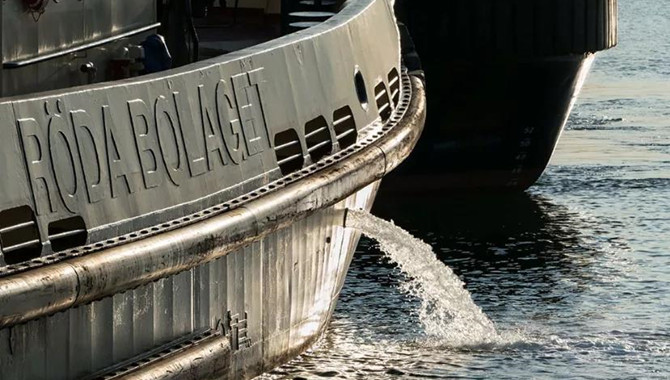
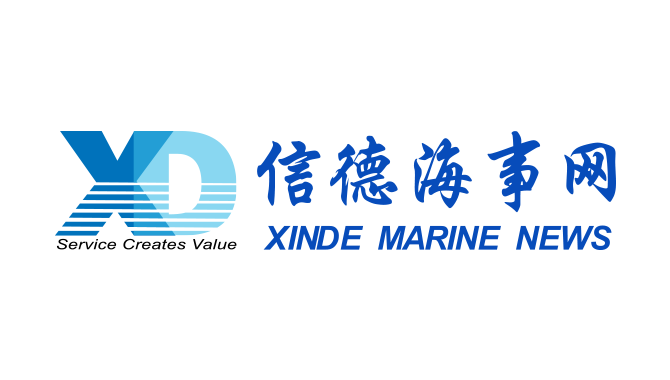 Reporting Requirements for Foreign-flagged Ships En
Reporting Requirements for Foreign-flagged Ships En 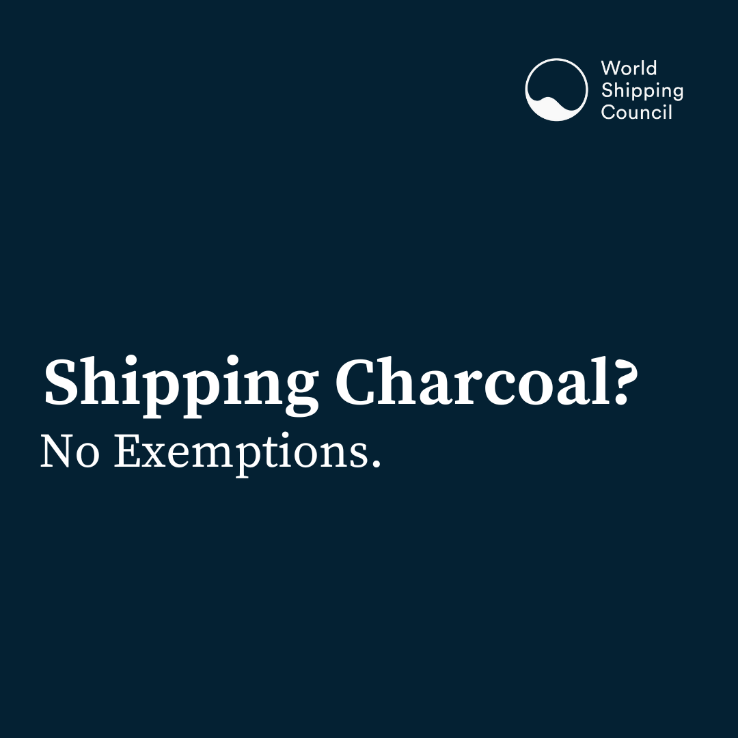 Shipping Carriers Move to Prevent Deadly Charcoal F
Shipping Carriers Move to Prevent Deadly Charcoal F  KR, HD KSOE, HD HHI, KSS Line, and Liberian Registr
KR, HD KSOE, HD HHI, KSS Line, and Liberian Registr 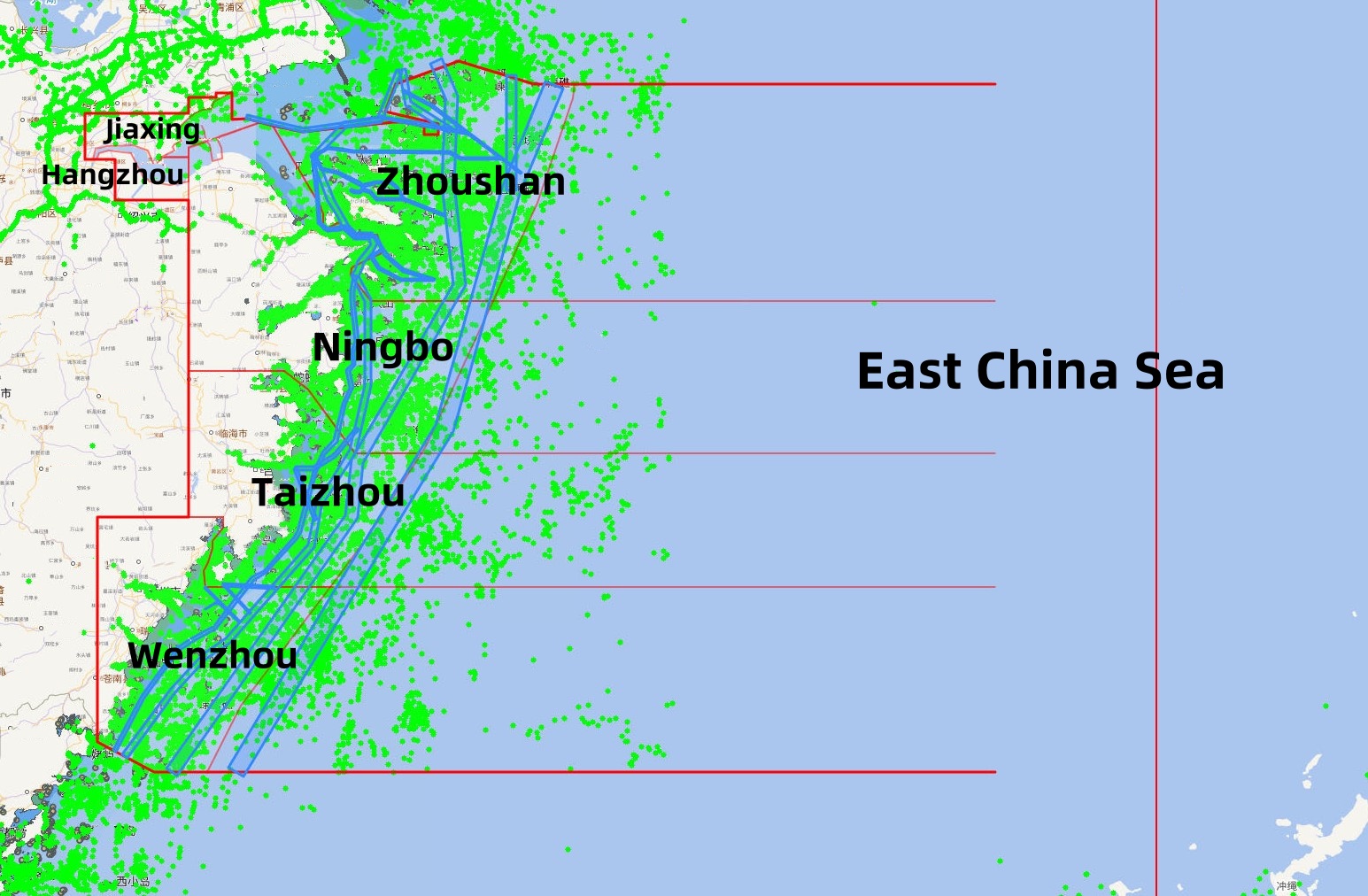 Zhejiang Maritime Safety Administration Issues the “
Zhejiang Maritime Safety Administration Issues the “ 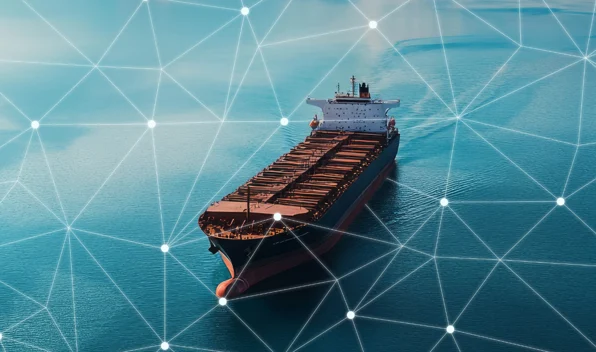 RightShip Updates Age Trigger for Vessel Inspection
RightShip Updates Age Trigger for Vessel Inspection 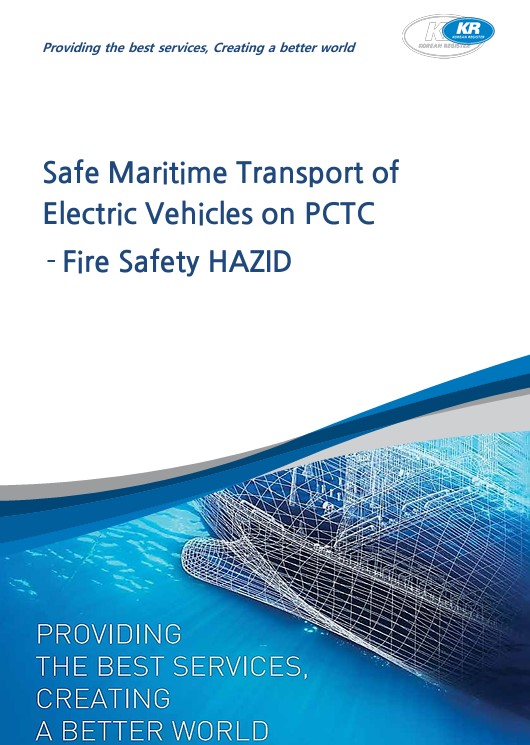 KR Publishes Report on Safe Maritime Transport of E
KR Publishes Report on Safe Maritime Transport of E